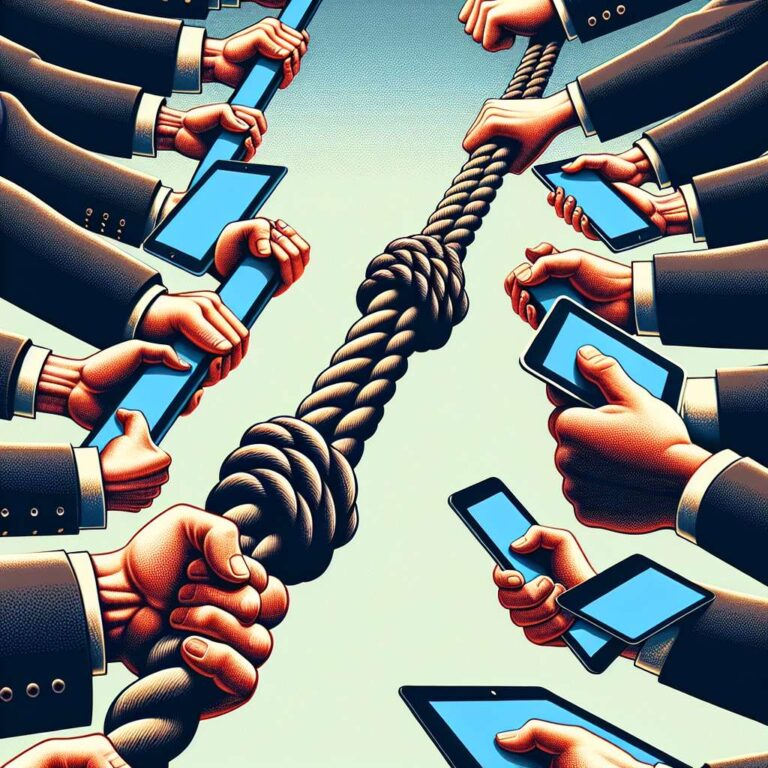Disney and Universal Studios have launched a significant lawsuit against Midjourney, a San Francisco-based company that provides text-to-image generation powered by artificial intelligence. Filed in federal court in Los Angeles, the lawsuit accuses Midjourney of ´large-scale copyright infringement´ and describes its services as a ´bottomless pit of plagiarism.´ The studios allege that Midjourney´s platform unlawfully copied and distributed iconic images from franchises such as Star Wars, Frozen, Shrek, Iron Man, and Minions, all without permission or compensation.
Central to the complaint is the claim that Midjourney´s artificial intelligence models were trained on millions of images scraped indiscriminately from the internet, many of which featured copyrighted movie and character imagery owned by the plaintiffs. The studios assert that, despite being alerted to these infringements, Midjourney refused to implement preventative measures or cease the use of protected intellectual property. Both Disney´s chief legal officer and NBCUniversal´s general counsel have publicly stated that their intent is to defend the creative investments and originality of their artists and properties from what they term ´piracy,´ regardless of whether it is carried out by individuals or machine learning systems.
The lawsuit seeks a preliminary injunction to halt Midjourney´s image and video generation services unless the company introduces technical safeguards to block unauthorised content generation. It also demands unspecified financial damages. This action builds on earlier legal pressure against Midjourney, including an ongoing suit brought by visual artists over similar allegations. The case signals mounting friction between the creative industries and the developers of generative artificial intelligence tools, paralleling broader moves by record labels, authors, and publishers who are also initiating legal challenges over the use of their protected works to train emerging artificial intelligence systems. The final judicial outcome of this case may set a consequential precedent governing whether training artificial intelligence on copyrighted material is considered fair use or infringement, and could shape how future models are built, licensed, and monetised.
While some media organisations have chosen to license content to artificial intelligence developers, others have turned to the courts in an effort to establish clear boundaries and accountability. As copyright law collides with rapidly advancing technology, attention now turns to how courts will navigate the ongoing tug-of-war between creative rights holders and artificial intelligence innovators in the digital era.

